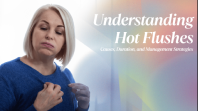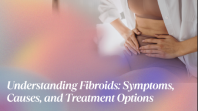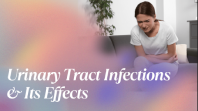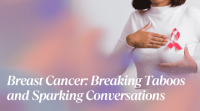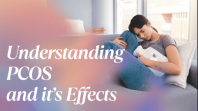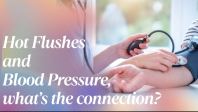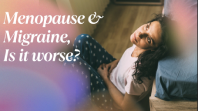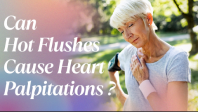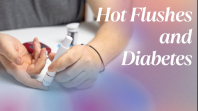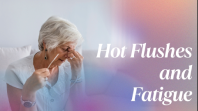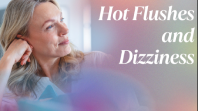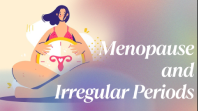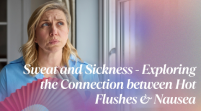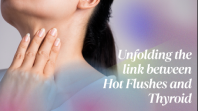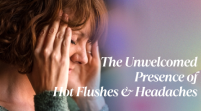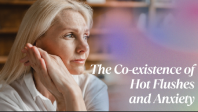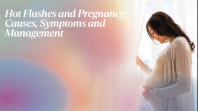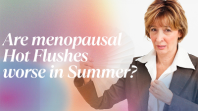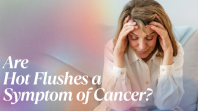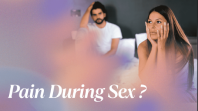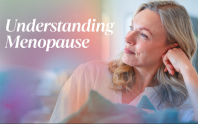Discover How Anxiety Fuels Uncomfortable Hot Flushes in Women
October 20, 2024
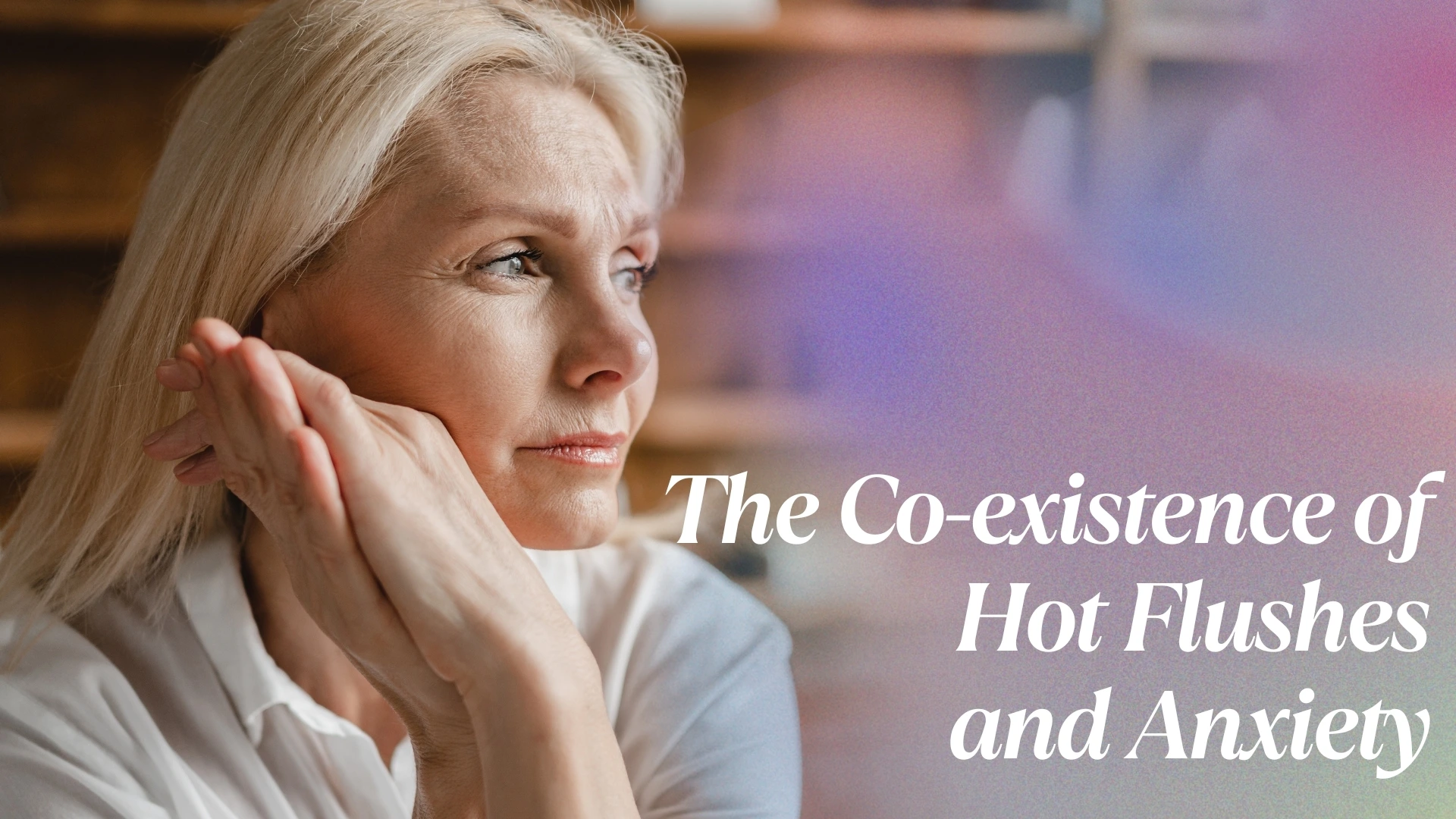
In the world we live in, nervousness lurks around every corner. Though this state of unease is considered an emotion like any other, it’s essentially a fusion of tension and worrisome thoughts that can sometimes lead to heart issues and increased blood pressure. So what’s the connection between hot flushes and this feeling of apprehension? Does worry lead to hot flushes, or is it the other way around? Most people associate hot flushes with perimenopause, but did you know that this common symptom is closely related to restlessness?
For ages, the stereotype of women in their 40s experiencing sudden rushes of heat has overshadowed the significant physiological changes of perimenopause.
Exploring the Connection: Anxiety and Hot Flushes in Women
Hot flushes aren’t the only symptoms women face, leading us to consider how anxiety plays a significant role. Research has shown a strong link between hot flushes and the restlessness that many women experience during mid-life, yielding astonishing findings.
In a notable study conducted in 2005, which tracked over 400 premenopausal women for six years, a correlation emerged between hot flushes and anxiety. Surprisingly, individuals experiencing anxiety were found to be up to five times more prone to hot flushes.
Fourteen years later, a follow-up analysis reaffirmed a robust connection between anxiety and hot flushes, highlighting a noteworthy distinction in the types of anxiety experienced.
What Type of Anxiety Makes Me Prone to Hot Flushes?
Are there specific types of worry that could make you more vulnerable to experiencing hot flushes? Many women wonder about this, and here’s the answer:
While emotional stress, referred to as affective anxiety, doesn’t appear to increase the risk, it’s the physical symptoms—known as somatic anxiety—that may elevate the heat. If you find yourself dealing with symptoms like an upset stomach, a racing heart, a pounding headache, or bouts of dizziness, it’s worth paying attention to any sudden surges of heat you experience.
Potential Triggers for Hot Flushes in Individuals Experiencing Anxiety
Hot flushes and anxiety can have a complex relationship, often triggering each other and creating a frustrating cycle. Here’s a breakdown of potential triggers for each:
Triggers for Hot Flushes:
- Hormonal fluctuations: Hormonal changes during perimenopause and menopause, especially declining estrogen levels, are primary causes.
- Stress: The body’s “fight-or-flight” response triggers physiological changes like increased heart rate, rapid breathing, and sweating, which can resemble hot flushes.
- Certain medications: Some medications, such as antidepressants and certain cancer treatments, list hot flushes as a side effect.
- Spicy foods and caffeine: These can raise body temperature and trigger hot flushes in some individuals.
- Alcohol consumption: Alcohol can interfere with thermoregulation, making it harder for the body to maintain a constant temperature.
Triggers for Anxiety:
- Hot flushes: The sudden surge of heat and physical changes during a hot flush can provoke anxiety in some individuals.
- Fear of hot flushes: The anticipation or dread of experiencing a hot flush can itself induce nervousness, creating a self-fulfilling prophecy.
- Stress and life events: Stressful events, like job changes or relationship problems, can worsen anxiety symptoms.
- Medical conditions: Certain medical conditions, like thyroid problems or heart disease, can contribute to anxiety.
- Genetics: Some people may be genetically predisposed to experiencing anxiety.
Expert Lifestyle Tips for Managing Hot Flushes and Anxiety
Let’s explore some lifestyle tips for managing both hot flushes and anxiety. By integrating these strategies into your daily routine, you can ease symptoms and enhance your overall well-being:
- Relaxation Techniques: Dedicate time each day to relaxation practices like deep breathing, meditation, or yoga to promote stress reduction and cultivate calm.
- Healthy Eating Habits: Choose a well-balanced diet rich in fruits, vegetables, whole grains, and lean proteins. Reducing the intake of spicy foods, caffeine, and alcohol can help minimize triggers.
- Regular Exercise: Incorporate physical activity into your routine. Exercise can reduce stress, uplift mood, and lessen the frequency and severity of hot flushes.
- Prioritize Sleep: Establish a consistent sleep schedule and create a relaxing bedtime routine. Quality sleep is crucial for managing both hot flushes and anxiety.
- Social Support: Stay connected with friends, family, or support groups. Sharing experiences and receiving encouragement can significantly ease symptoms and enhance coping mechanisms.
By embracing these lifestyle adjustments, you’ll empower yourself to navigate the challenges of hot flushes and anxiety with resilience and confidence.
